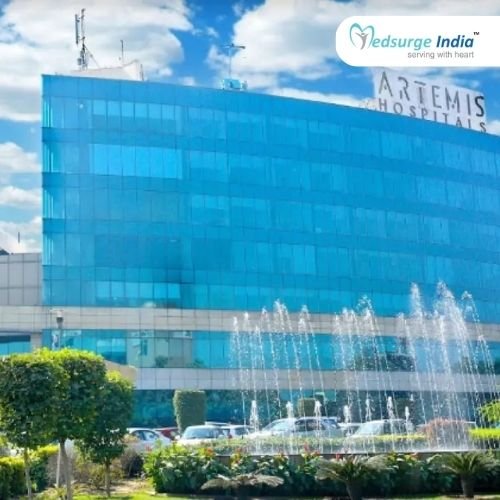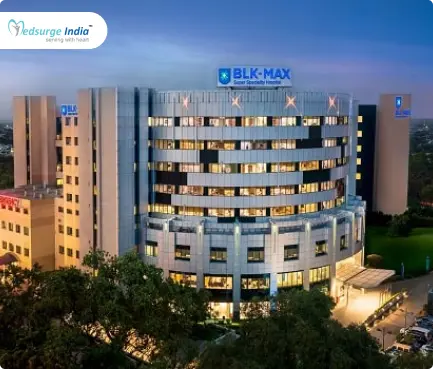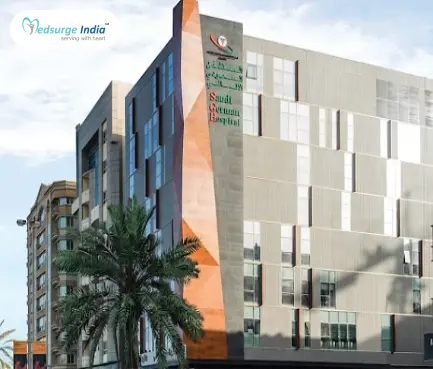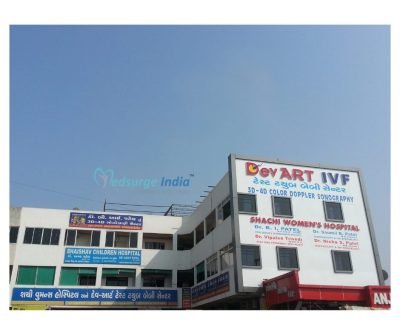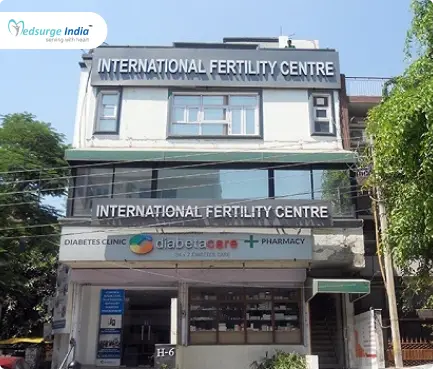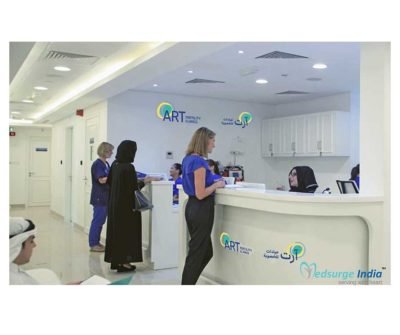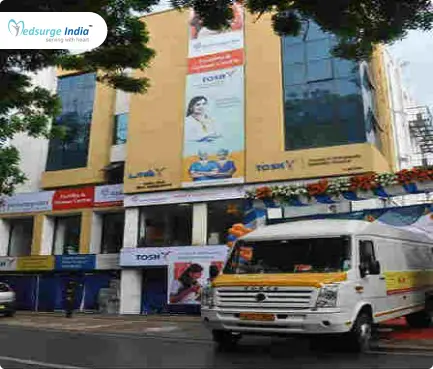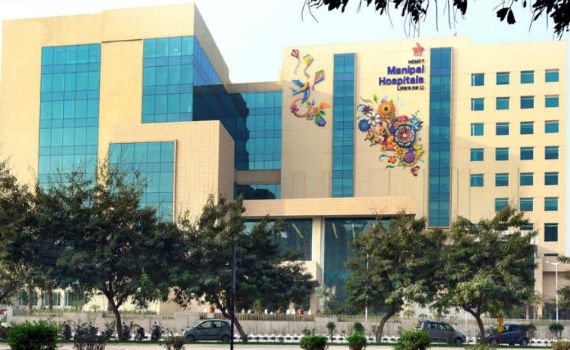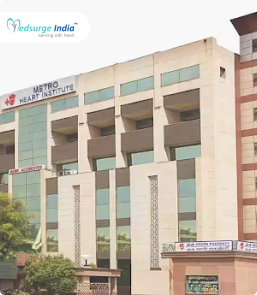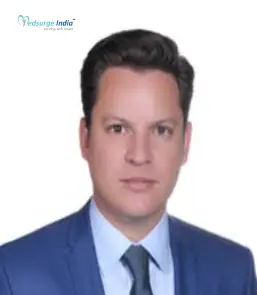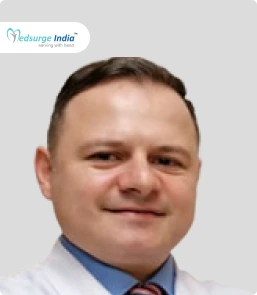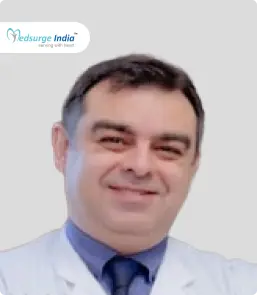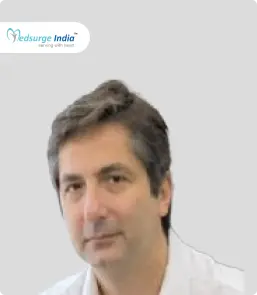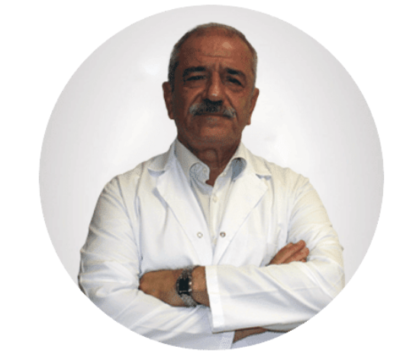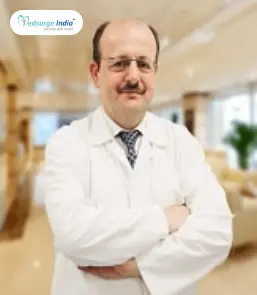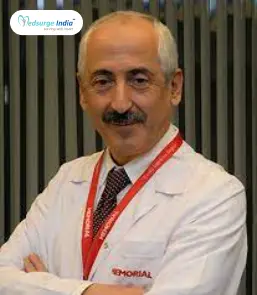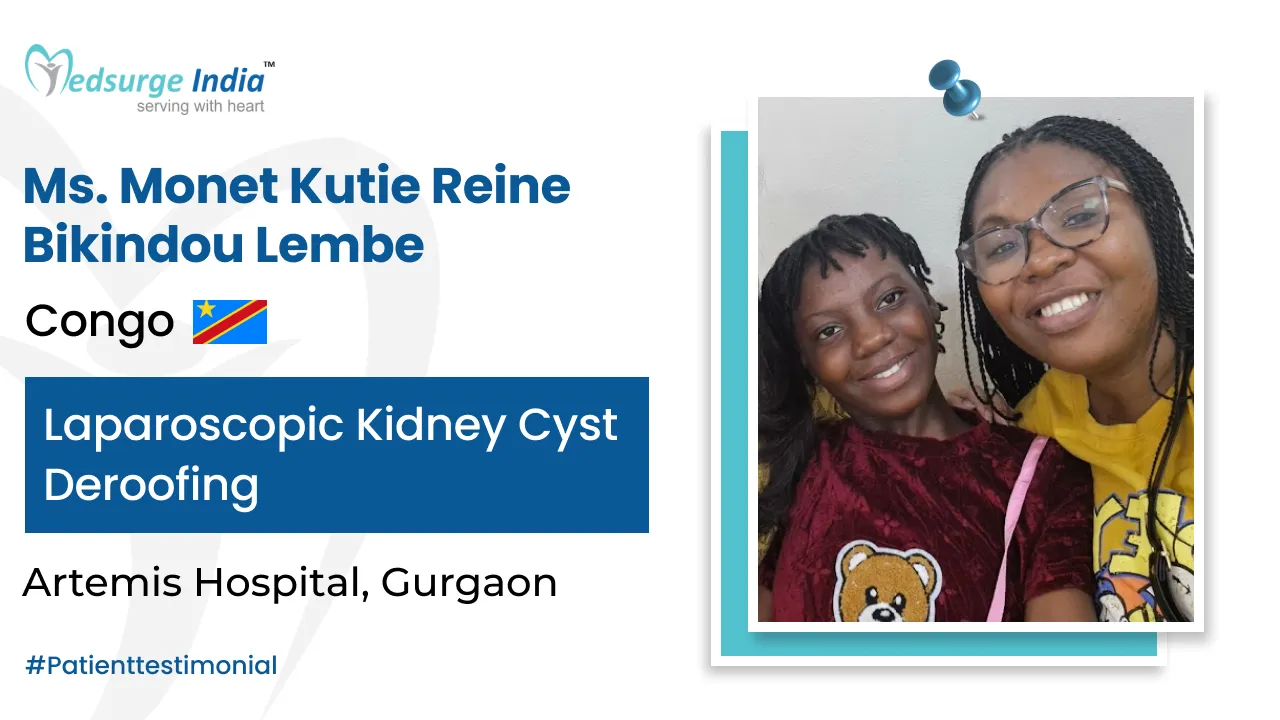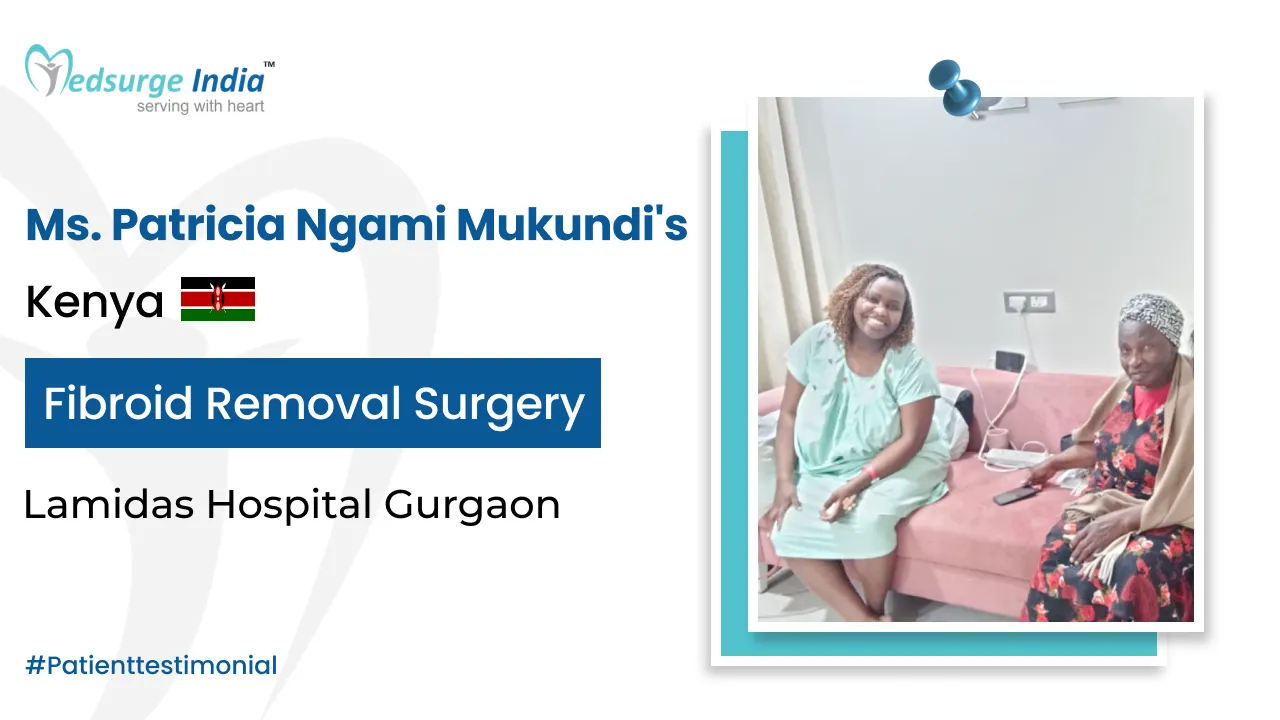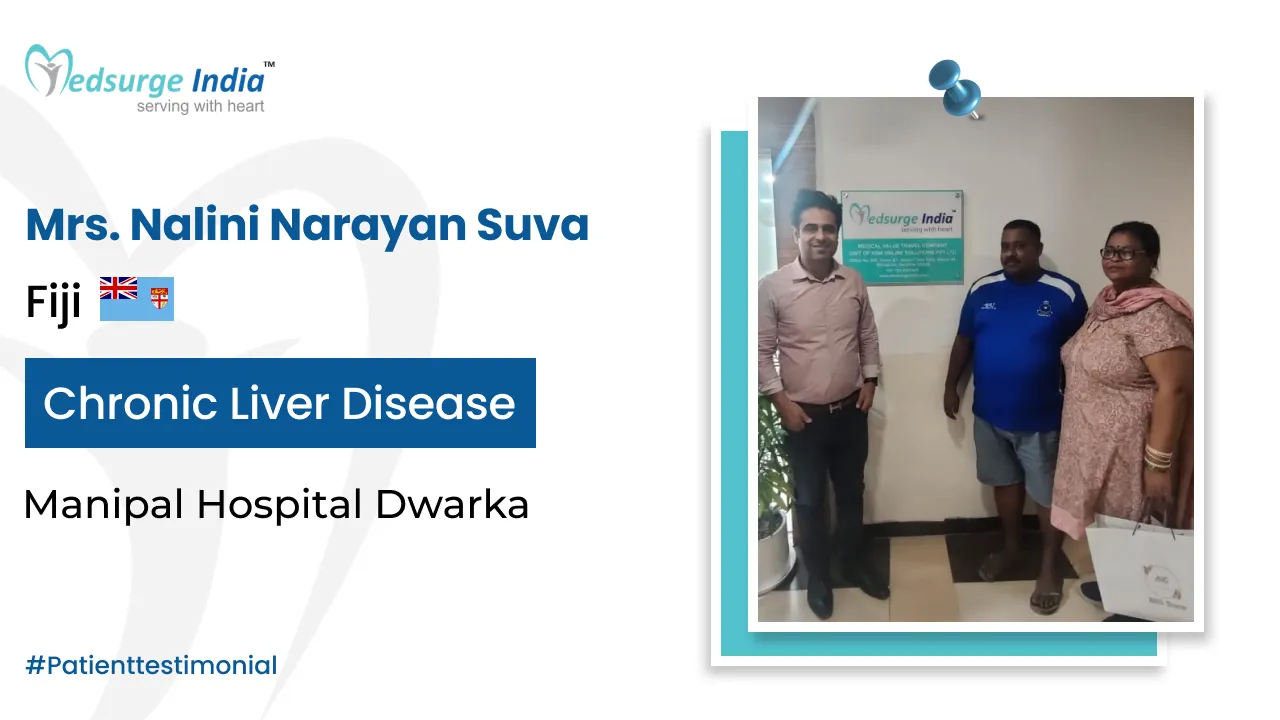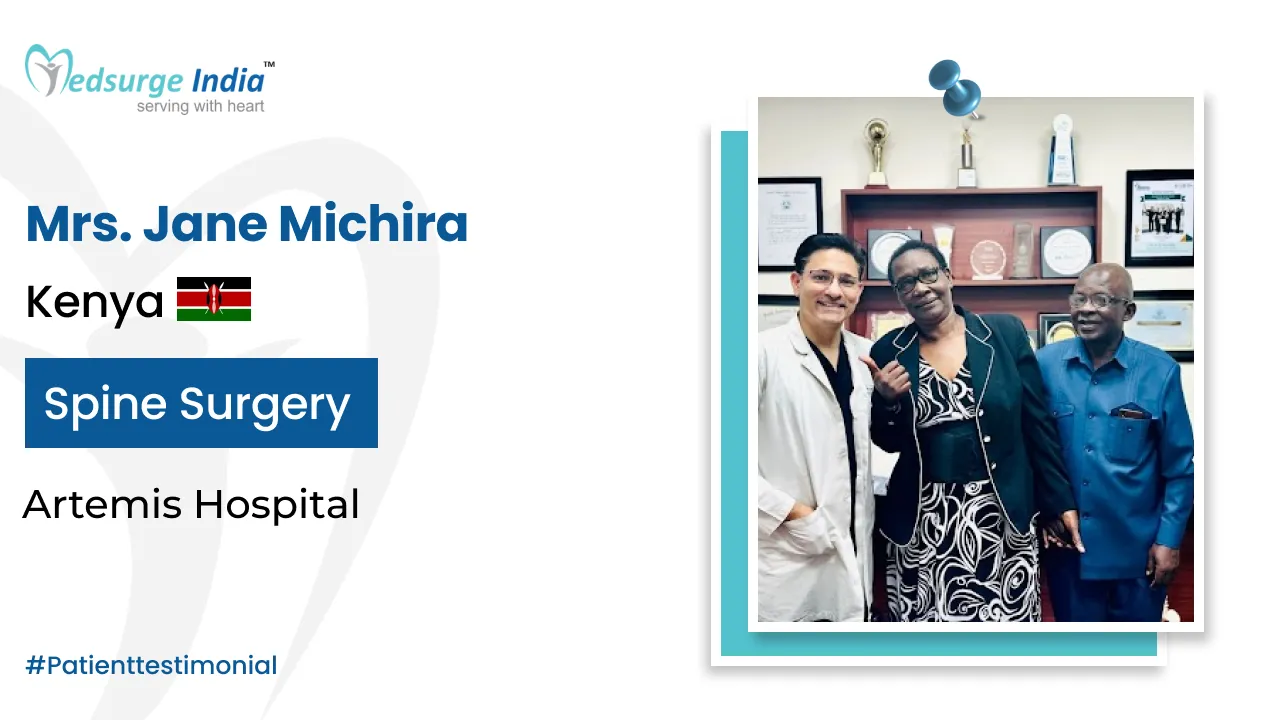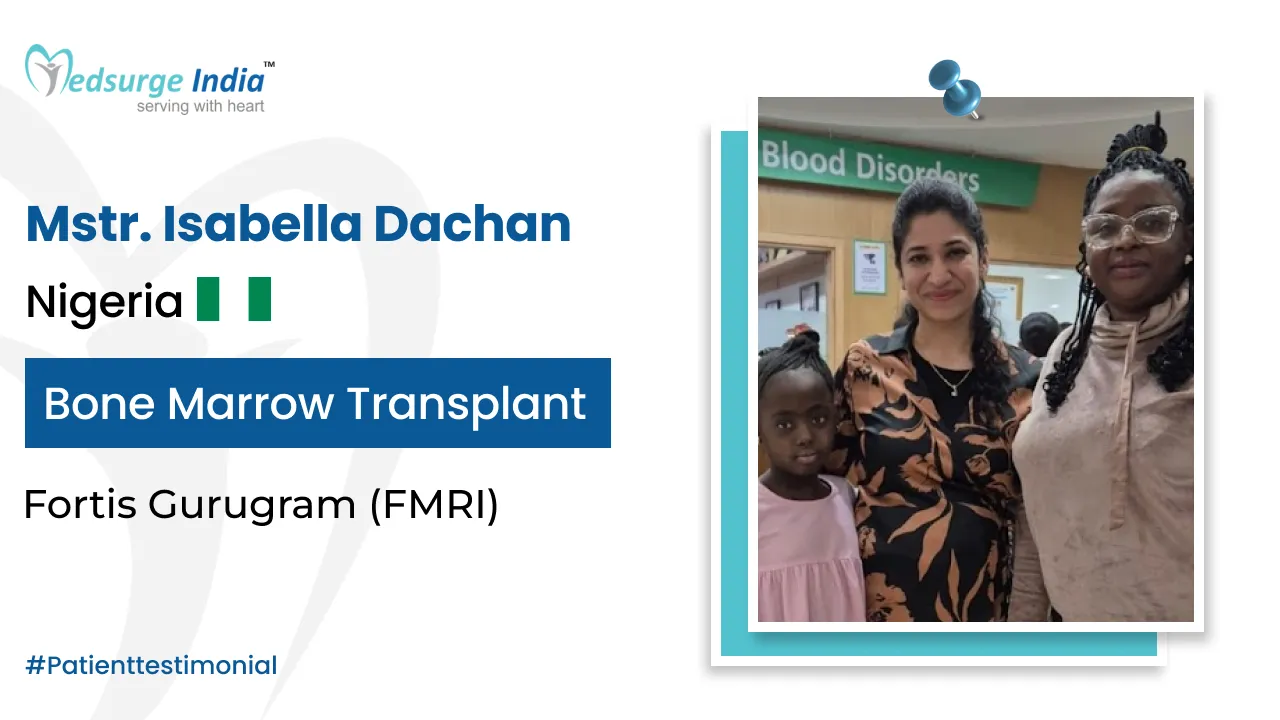
Vasectomy Reversal Cost in Turkey
Vasectomy reversal cost in Turkey starts from 2,700 USD and can go up to 3,300 USD. The cost may vary depending on the patient’s condition and the location.
Vasectomy Reversal Cost in Different Cities in Turkey
| Cities | Prices |
| Istanbul | $2700 to $3300 |
| Antalya | $2700 to $3300 |
| Izmir | $2700 to $3300 |
| Ankara | $2700 to $3300 |
Factors That Can Affect Vasectomy Reversal Cost in Turkey
Below here are the following factors which can affect vasectomy reversal cost in Turkey:
Procedure Types: There are primarily two categories—vasovasostomy and epididymovasostomy, with the latter being more intricate and generally more expensive.
Surgeon Expertise: Highly experienced microsurgeons with a proven success rate may command higher fees due to their specialized skills.
Facility Standards: Treatment costs are often higher in premium or internationally accredited hospitals, which offer superior infrastructure and services.
Anesthesia and Surgical Team: The type of anesthesia administered (whether local or general) and the qualifications of the surgical team can also affect the overall expenses.
Diagnostic Assessments and Follow-up Care: Costs may increase due to necessary pre-surgical assessments (such as semen analysis and hormone testing) and post-operative follow-up appointments.
Hospital Location: Facilities located in major Turkish cities like Istanbul or Ankara may have higher fees compared to those in less populated areas.
Travel and Accommodation Packages: Some medical tourism companies provide comprehensive packages that may include additional expenses such as hotel accommodations or local transportation.
Overview on Vasectomy Reversal Surgery
This surgical procedure is designed to reverse a vasectomy. During the operation, a surgeon reconnects the tubes that link the testicle to the semen, allowing for the transport of sperm. After a successful reversal of a vasectomy, sperm can be detected in the semen. The success rates for pregnancy following a vasectomy reversal vary depending on the technique used.
Additionally, the time elapsed since the original vasectomy plays a significant role in the success of the reversal. Men often consider this option if they wish to have more children or if they experience significant testicular pain post-vasectomy. While nearly all vasectomies can be reversed, it is important to note that this procedure does not guarantee full fertility or the ability to conceive. The longer the time since the vasectomy, the lower the chances of achieving pregnancy.
Individuals contemplating reversal surgery should be aware of the associated costs and seek out qualified physicians for the procedure. In this discussion, we will explore the potential costs of the surgery, the factors that may influence these costs, and other relevant information to help individuals make informed decisions before proceeding with the operation.
How Vasectomy Reversal Surgery is Performed?
Reversals are generally conducted by a urologist in an outpatient hospital environment or at a surgical center. If a surgical microscope is employed, the procedure takes place while the patient is under anesthesia. The urologist and anesthesiologist will review the available options with the patient beforehand.
Microsurgery is regarded as the most efficient technique for this type of operation. Utilizing a high-powered microscope, the urologist can magnify the small tubes by 5 to 40 times their original size. Fine sutures, thinner than an eyelash or a strand of hair, are used to reconnect the ends of the vas deferens.
Once the patient is anesthetized, the urologist will create small incisions on either side of the scrotum. The scarred ends of the vas deferens, which were sealed during the vasectomy, will be trimmed. The urologist will also extract fluid, referred to as “vassal fluid,” from the end of the vas closest to the testis to check for sperm presence. At this point, there are two types of reversal procedures that may be performed.
Vasovasostomy: If sperm is detected in the vassal fluid, it suggests that the pathway between the testis and the severed vas deferens is clear. This allows for the reconnection of the vas deferens ends, a procedure known as “vasovasostomy.” When performed using microsurgical techniques, vasovasostomy has a success rate of approximately 85% in men, with about 55% of partners achieving pregnancy.
Vasoepididymostomy: If the vasal fluid lacks sperm, it may indicate that back pressure from the vasectomy has caused a rupture in the epididymal tube, resulting in a blockage. In this scenario, the urologist will perform a vasoepididymostomy, connecting the upper end of the vas to the epididymis to circumvent the blockage. This procedure serves a similar purpose as a vasovasostomy. Although vasoepididymostomy is more intricate than vasovasostomy, its outcomes are nearly as effective. In some instances, a vasovasostomy may be performed on one side while a vasoepididymostomy is done on the other.
Also Read:- Best Urologists in Turkey
After Surgery
Healing after surgery is generally quick and uncomplicated. Post-operative pain is often managed with medication. About 50% of men report experiencing pain after a reversal that is similar to what they felt after a vasectomy. Another 25% report less pain, while the remaining 25% experience more severe discomfort. Pain that necessitates medication typically diminishes within a few days to a week.
Most men can return to their normal activities and light work within a week. It is usually recommended to take it easy and avoid sexual activity for 2 to 3 weeks. If your job involves physical labor, it is advisable to discuss with your urologist when it is safe to resume work. Wearing a jockstrap for support is commonly suggested for a few weeks.
Conception for your partner after a vasectomy reversal may take anywhere from 4 months to a year. Some women may conceive within a few months, while others may take longer. The time elapsed between the vasectomy and the reversal can affect pregnancy rates, with quicker sperm return and higher success rates when the reversal is done soon after the vasectomy.
Aside from pregnancy, the only way to evaluate the success of the procedure is by checking the sperm count. Your urologist will assess your semen every 2 to 3 months until your sperm count stabilizes or your partner becomes pregnant. Sperm usually reappears in the semen within a few months after a vasovasostomy, while it may take between 3 to 15 months following a vasoepididymostomy.
If the reversal is successful, you should remain fertile for many years. Only about 5 out of 100 men may develop scarring at the reconnection site later, which could potentially hinder sperm flow again.
Why Patients Choose Turkey for Medical Treatment?
Patients from around the world are increasingly opting for medical treatment in Turkey due to the combination of affordable prices and high-quality services. The country has established itself as a hub for medical tourism, offering cost-effective healthcare delivered by a team of courteous and highly trained doctors and nurses, along with advanced medical equipment that is significantly less expensive than in developed nations.
Turkey provides a wide range of treatments catering to the specific needs of each patient. Additionally, Turkey’s rich cultural and tourism offerings allow patients to enjoy a unique experience that blends medical care with leisure, making their visit feel more like a vacation. These elements collectively position India as a preferred destination for medical treatment.
Also Read:- Vasectomy Reversal Cost in India
Conclusion
Vasectomy reversal in Turkey offers a blend of advanced microsurgical expertise, world-class healthcare facilities, and affordability, making it an appealing choice for patients seeking fertility restoration. While the overall cost can vary depending on the type of procedure, surgeon’s skill, and hospital location, patients often find the quality of care to be excellent. With the right support and planning, Turkey proves to be a dependable destination for this delicate procedure.
Get Free Cost Estimation
The Most Important Frequently Asked Questions
Q: How successful are vasectomy reversals?
A: When a skilled microsurgeon performs vasectomy reversal, “the success rates are very good—80 to 90 percent that you will have sperm coming out,” states Dr. Honig. Although many couples do conceive naturally after vasectomy reversal, this does not ensure pregnancy.
Q: Is reversing a vasectomy preferable to IVF?
A: Depending on the specifics of each case, either vasectomy reversal or in vitro fertilization (IVF) should be chosen. A surgical technique called vasectomy reversal attempts to reinstate natural fertility by enabling regular sexual activity to get pregnant. With in vitro fertilization (IVF), an egg is fertilized outside the body with sperm and then placed into the uterus. The couple’s aims for conception, the woman’s reproductive status, and the success rates of each operation all play a role in whatever method is chosen.
Q: Is it possible to become pregnant 10 years after having a vasectomy?
A: Although a vasectomy is thought to be a permanent means of contraception, it can occasionally be reversed to allow for pregnancy. Numerous variables, such as the length of time since the vasectomy, the reverse technique, and individual fertility considerations, affect the outcome of a vasectomy reversal.
Q: What is the quickest recovery period following a vasectomy?
A: After a vasectomy, recovery usually entails rest, ice application, and a few days off from intense activity. Recovery can be accelerated according to the surgeon’s post-operative instructions, taking painkillers as directed, and putting cold packs to the scrotum.
Top Hospitals for Vasectomy Reversal in Turkey
Top Doctors for Urology Treatment
Dr. Zeynep Yılmaz
Consultant
Experience: 20 years of experience
Anadolu Medical Center, Kocaeli, Istanbul
Istanbul, Turkey
Dr. Nuri Ceydeli
Consultant
Experience: 30 years of experience
Anadolu Medical Center, Kocaeli, Istanbul
Istanbul, Turkey
Dr. Murat Zor
Consultant
Experience: 23 years of experience
Kolan International Hospital, Istanbul
Istanbul, Turkey
Dr. Sercan Yilmaz
Consultant
Experience: 15 years of experience
Kolan International Hospital, Istanbul
Istanbul, Turkey
Dr. Murat Arslan
Professor
Experience: 15 years of experience
Okan University Hospital, Tuzla
Istanbul, Turkey
Dr. Murat Beksan
Consultant
Experience: 12 years of experience
Private Millet Hospital
Istanbul, Turkey
Dr. Veli Simsek
Senior Consultant
Experience: 27 years of experience
Kolan International Hospital, Istanbul
Istanbul, Turkey
Dr. Sefik Citci
Consultant
Experience: 20 years of experience
Kolan International Hospital, Istanbul
Istanbul, Turkey
Prof. Dr. Serkan Altinova
Senior Consultant , Graduation, Post Graduation
Experience: 23 years of experience
Acibadem Hospitals Group
Ankara, Turkey
Dr. Murat Bagisgil
Consultant
Experience: 19 years of experience
Medical Park Group, Istanbul
Istanbul, Turkey
Prof. Dr. Fatih Kurtulus
Professor
Experience: 24 years of experience
Medistanbul Hospital, Istanbul
Istanbul, Turkey
Dr. Mehmet Remzi Erdem
Consultant
Experience: 11 years of experience
Private Duygu Hospital
Istanbul, Turkey
M.D. Burak Koçak
Professor
Experience: 15 years of experience
KOC University Hospital, Istanbul
Istanbul, Turkey
Prof. Dr. Faruk Yencilek
Chief
Experience: 20 years of experience
Yeditepe University Healthcare Institutions, Istanbul
Istanbul, Turkey
Dr. Abdulkadir Hills
Consultant
Experience: 14 years of experience
Kolan International Hospital, Istanbul
Istanbul, Turkey
Dr. Mustafa Yektaoglu
Consultant , Post Graduation, Graduation
Experience: 22 years of experience
Kolan International Hospital, Istanbul
Istanbul , Turkey
Spec. Dr. Basri Çakıroğlu
Consultant
Experience: 34 years of experience
Hisar Hospital Intercontinental, Istanbul
Istanbul, Turkey
Dr. Mehmet Erkan Erbay
Professor
Experience: 28 years of experience
Okan University Hospital, Tuzla
Istanbul, Turkey
Dr. Turhan Caskurlu
Professor
Experience: 28 years of experience
Memorial Hospitals Group, İstanbul
Istanbul, Turkey
Dr. Zeynep Yılmaz
Consultant
Experience: 20 years of experience
Anadolu Medical Center, Kocaeli, Istanbul
Istanbul, Turkey
Dr. Nuri Ceydeli
Consultant
Experience: 30 years of experience
Anadolu Medical Center, Kocaeli, Istanbul
Istanbul, Turkey
Dr. Murat Zor
Consultant
Experience: 23 years of experience
Kolan International Hospital, Istanbul
Istanbul, Turkey
Dr. Sercan Yilmaz
Consultant
Experience: 15 years of experience
Kolan International Hospital, Istanbul
Istanbul, Turkey
Dr. Murat Arslan
Professor
Experience: 15 years of experience
Okan University Hospital, Tuzla
Istanbul, Turkey
Dr. Murat Beksan
Consultant
Experience: 12 years of experience
Private Millet Hospital
Istanbul, Turkey
Dr. Veli Simsek
Senior Consultant
Experience: 27 years of experience
Kolan International Hospital, Istanbul
Istanbul, Turkey
Dr. Sefik Citci
Consultant
Experience: 20 years of experience
Kolan International Hospital, Istanbul
Istanbul, Turkey
Prof. Dr. Serkan Altinova
Senior Consultant , Graduation, Post Graduation
Experience: 23 years of experience
Acibadem Hospitals Group
Ankara, Turkey
Dr. Murat Bagisgil
Consultant
Experience: 19 years of experience
Medical Park Group, Istanbul
Istanbul, Turkey
Prof. Dr. Fatih Kurtulus
Professor
Experience: 24 years of experience
Medistanbul Hospital, Istanbul
Istanbul, Turkey
Dr. Mehmet Remzi Erdem
Consultant
Experience: 11 years of experience
Private Duygu Hospital
Istanbul, Turkey
M.D. Burak Koçak
Professor
Experience: 15 years of experience
KOC University Hospital, Istanbul
Istanbul, Turkey
Prof. Dr. Faruk Yencilek
Chief
Experience: 20 years of experience
Yeditepe University Healthcare Institutions, Istanbul
Istanbul, Turkey
Dr. Abdulkadir Hills
Consultant
Experience: 14 years of experience
Kolan International Hospital, Istanbul
Istanbul, Turkey
Dr. Mustafa Yektaoglu
Consultant , Post Graduation, Graduation
Experience: 22 years of experience
Kolan International Hospital, Istanbul
Istanbul , Turkey
Spec. Dr. Basri Çakıroğlu
Consultant
Experience: 34 years of experience
Hisar Hospital Intercontinental, Istanbul
Istanbul, Turkey
Dr. Mehmet Erkan Erbay
Professor
Experience: 28 years of experience
Okan University Hospital, Tuzla
Istanbul, Turkey
Dr. Turhan Caskurlu
Professor
Experience: 28 years of experience
Memorial Hospitals Group, İstanbul
Istanbul, Turkey



